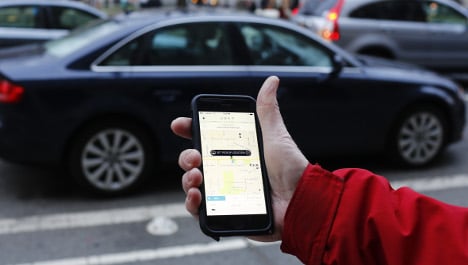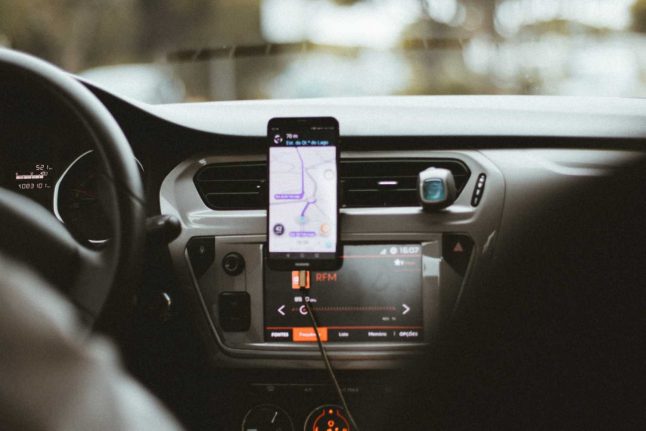You don’t normally have to wait too long in Paris for your Uber driver to turn up, even in the evening.
But since last Saturday that’s changed slightly.
Users of the taxi ride app have noticed how drivers are much harder to come by and even bosses of the company have seen the change.
“Yes we have observed this trend,” Uber told Le Parisien newspaper.
“This is also the same case during certain cultural and sporting events, when drivers will disconnect from the app,” said Uber.
This time it’s all to do with the start of the Muslim holy month of Ramadan.
The reason why many drivers make themselves unavailable in the evening is all to do with the fasting that observers are required to do.
Those Muslims strictly observing Ramadan must avoid intake of any food or water from dawn until sunset, which in Paris right now is between 9.30pm and 10pm.
When fasting ends Muslims will normally immediately take time to eat and drink.
While many Muslim Uber drivers will replenish their energy quickly and get back on the road, others will take time to have a meal with their families, hence the reason why it might be harder to find an Uber cab after 9.30pm.
“It’s logical that Ramadan could have an impact,” said Uber France’s Grégoire Kopp previously. “That’s due to the fact the majority of drivers using Uber's app are from suburbs, meaning potentially North African and of Muslim faith.”
Uber has successfully recruited thousands of drivers throughout immigrant suburbs around Paris and other French cities, due in part to the fact the app offers rare prospect of work for those living in areas of high-unemployment and where many locals with North African origins complain of discrimination when applying for regular jobs.
Union leader Sayah Baaroun had a message for any Parisians who might feel like complaining about the price hike of their ride home from the brasserie or the extra wait they might have to endure.
“Are these people who are complaining because they have to wait five minutes even thinking about the health of the drivers?” Baaroun told Le Parisien.
“Uber targets the [Muslim] community in its recruitment and they are treated as cannon fodder so they have the right to enjoy this moment.”



 Please whitelist us to continue reading.
Please whitelist us to continue reading.